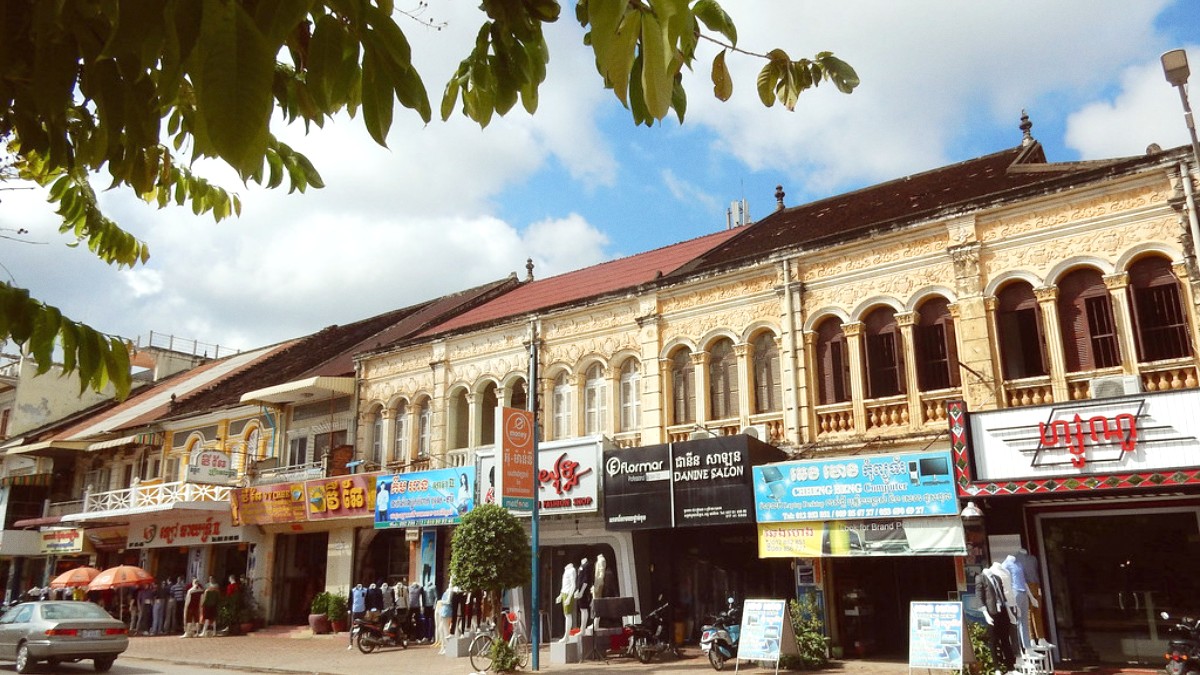
Northwestern Cambodia, Cambodia
Plastic waste presents a challenge in Cambodia. Formal recycling infrastructure is limited. Minimize waste by using reusable items.
Water conservation is important, especially during the dry season. Take shorter showers and turn off taps.
Battambang does not host major national parks. Local initiatives maintain rural beauty and ecological balance.
As a traveler, you have the ability to lessen the waste you generate. Carry a reusable water bottle and refill it at accommodations or cafes.
International flights contribute to carbon emissions. Consider researching and investing in carbon offset programs for your flights.
Look for properties using solar power, energy-efficient lighting, or water conservation.
Seek out businesses with effective waste management, recycling, or local sourcing.
Your actions contribute to protecting Battambang’s environment and supporting its local initiatives.
Your interactions with people and sacred sites form the perception of visitors. Mindful behavior is appreciated.
Support organizations like Phare Ponleu Selpak and Romcheik 5 Art Space. They foster local arts and crafts.
Dress modestly, especially when visiting religious sites, to show respect for local customs. Asking permission for photos is important.
Awareness of local customs ensures positive experiences for both visitors and residents.
Be aware of privacy. Avoid intrusive photography in private spaces or during sensitive moments. Do not publish photos of individuals without consent, especially children.
Remove shoes before entering temple buildings or pagodas. Cover shoulders and knees. Speak quietly. Do not point feet at Buddha images or monks. Women should not touch monks or hand items directly to them. Do not turn your back on Buddha images when taking photos.
Support local arts, crafts, and conservation efforts. Shop at ethical stores like The Rainforest Site for conservation-supporting purchases.
Your respectful actions form a positive impression and enrich your travel experience.
Responsible travel ensures your economic contribution benefits the local community directly.
Engage in tours that take you to local artisan villages (e.g., rice paper, prahok, palm sugar production). These tours support the craftspeople.
Buy souvenirs and crafts directly from artisans or from fair trade shops. This sends a larger portion of the price directly to the creator.
Choosing local enterprises for your needs directly benefits the community.
Eat at local Khmer restaurants and street food stalls rather than only Western chains or international hotels.
Choose locally owned guesthouses over international hotel chains when possible. This supports local entrepreneurs.
Hire local tuk-tuk drivers for tours and local guides for excursions. Their knowledge is invaluable, and your payment directly benefits their families.
Avoid giving money directly to begging children. This can inadvertently encourage begging, discourage schooling, and sometimes support exploitative practices. Avoid visiting orphanages unless a qualified professional volunteering with a reputable organization. Many 'orphanages' are not truly needed.
If you feel compelled to give, research and donate to established, legitimate NGOs or community projects. These organizations demonstrate a proven track record of positive, long-term impact.
Avoid visiting orphanages unless you are a qualified professional volunteering with a reputable organization. Many 'orphanages' are not truly needed and can contribute to child trafficking.
Conscious choices during your travels contribute to a better future for local communities.
Participate in tours that directly support local artisans and traditional livelihoods. Your presence can be a positive force.
Seek out fair trade products and purchase directly from local creators. This ensures a larger economic return to the community.
Pay attention to local customs, dress codes, and social norms. A little observation goes a long way in showing respect.